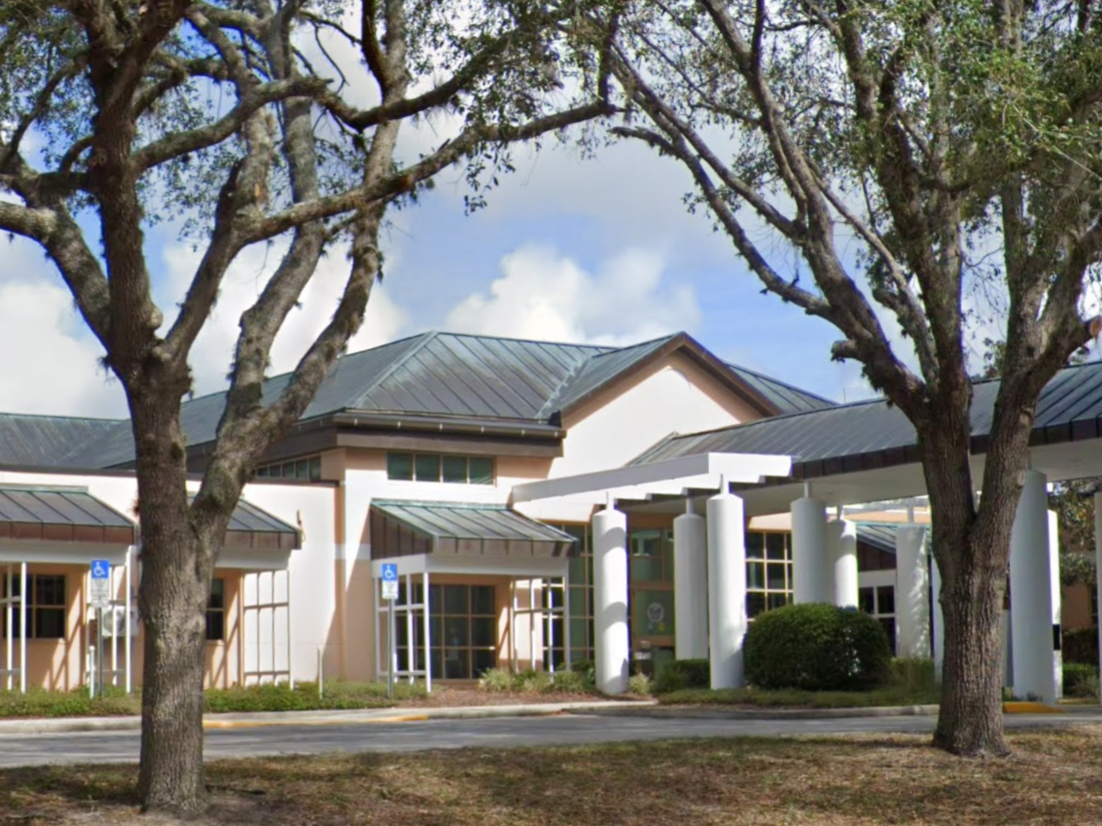Address: 2804 W. Marc Knighton Ct.
Philadelphia, PA - 19132
(352) 527-7520
Website
This initiative assists low-income households in covering expenses related to heating and cooling their homes.
Supported by the U.S. Department of Health and Human Services through the Florida Department of Economic Opportunity, LIHEAP aims to aid eligible low-income homeowners and renters by subsidizing a portion of their main heating expenses.
The following documents are required at the time of your appointment:
Photo ID for all adult household members
Social Security Cards for everyone in the household
Food Stamp Card or current letter (if receiving this service)
Current Electric Bill for which you are seeking assistance
Signed Lease or proof of ownership
Proof of Income (legal documents for each applicable category)
Payroll: 1 month current and consecutive payroll stubs
Social Security: Current year benefit letter stating your monthly income
Veterans Benefits: Current year benefit letter indicating your monthly income
Pensions/Retirement: Current year benefit letter showing your monthly income
Child Support: Monthly or weekly amount awarded at the time the judgment was signed
Cash Assistance: TANF, AFDC, or Relative Caregiver
School Financial Aid: If partial aid is designated for living expenses
The Low Income Home Energy Assistance program is called LIHEAP. They assist low income people and families with their heating and cooling bills. This program is therefore, a year long program that is available 12 months a year.
To qualify for the LIHEAP assistance, you need to qualify. We provide the current Federal Poverty Rates nationwide below.
You are automatically qualified for LIHEAP assistance if you participate in the SNAP food stamps program, TANF Temporary Assistance for Needy Families, or the SSI program through Social Security.

| Persons In Family | Earnings (100% Fed Poverty Guideline) |
| 1 | $15,060 |
| 2 | $20,440 |
| 3 | $25,820 |
| 4 | $31,200 |
| 5 | $36,580 |
| 6 | $41,960 |
| 7 | $47,340 |
| 8 | $52,720 |
*Alaska and Hawaii have different rates for HUD federal poverty guidelines.
These numbers above represent 100% of the Federal Poverty Rate. In order to get legal aid from some offices, they use a sliding fee scale. When they use a sliding fee scale, the 100% rate can be different than 100%. In those cases, using for example a 200% federal poverty level, you will only need double the 100% number listed above to 200%.
Have you used the Citrus County Division of Housing Services LIHEAP service before? If so, please help our website users by answer these questions below.
copyright © 2025. All rights reserved.